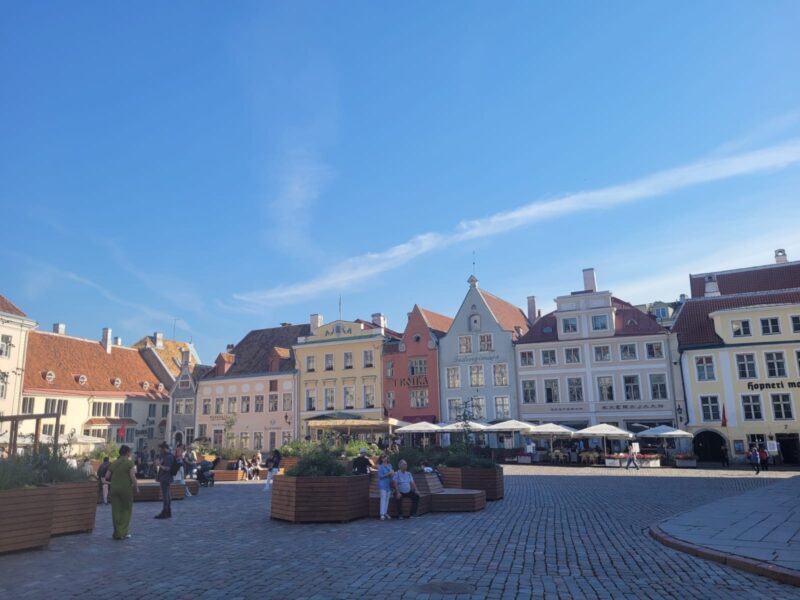
Please tell me a bit about yourself and your research
I’m an Indigenous Eurasian doctoral researcher at the University of Eastern Finland and a Fellow at the International Arctic Science Committee. I have conducted fieldwork in Kalaallit Nunaat (Greenland), Mongolia and Japan pertaining to minority and Indigenous health and well-being. Recently, I contributed to the United Nations Economic and Social Council’s Permanent Forum on Indigenous Issues document ‘Improving the health and wellness of Indigenous Peoples globally: operationalization of Indigenous determinants of health’.
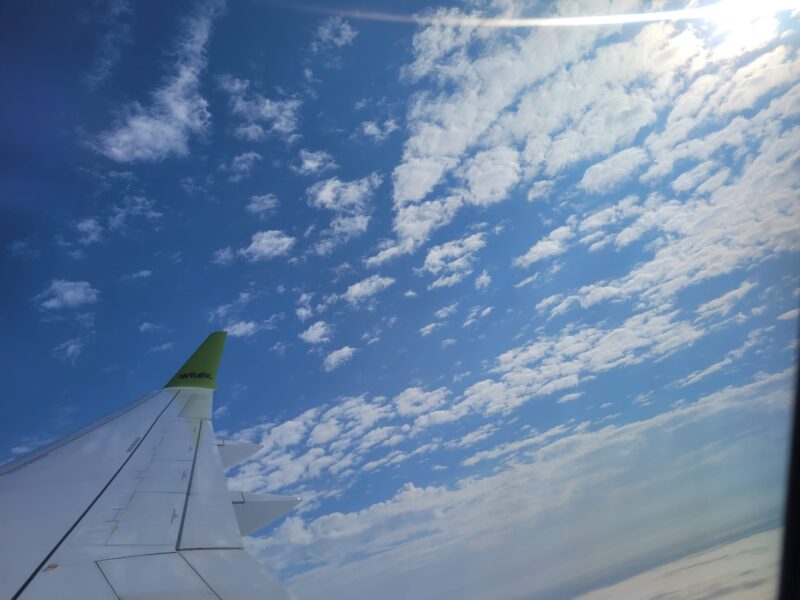
Why did you apply for the exchange week at Tallinn University?
I found the approaches and expertise of researchers at the Eur-Asian Border Lab very interesting. Many Indigenous communities span multiple countries so I was interested in discussing indigeneity through the lens of border studies with other researchers.
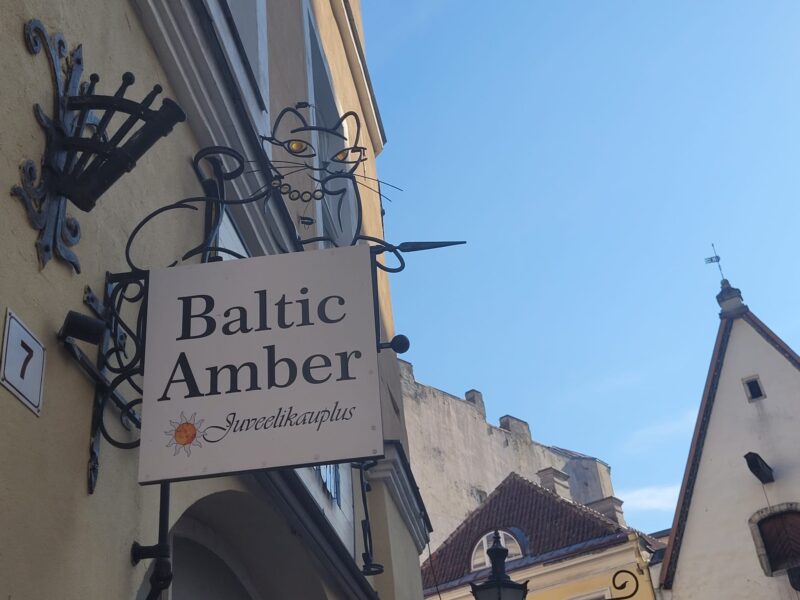 |
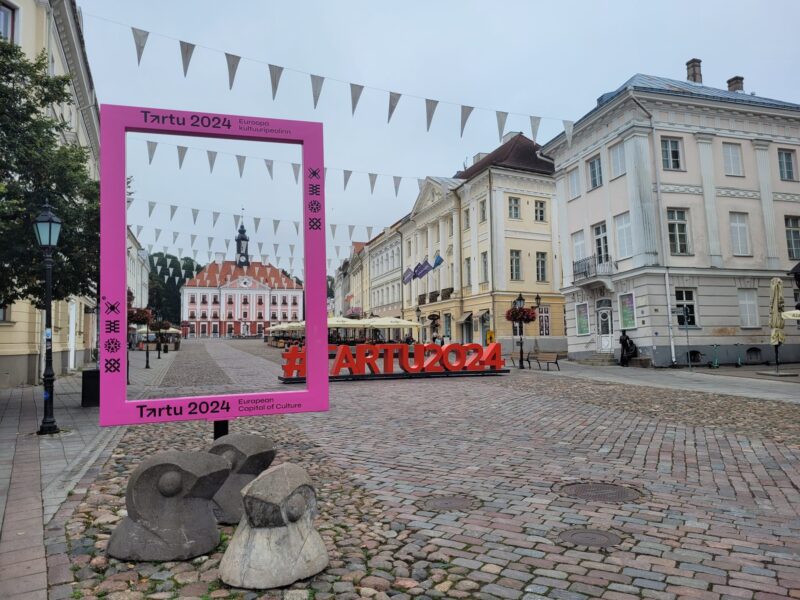 |
What did you do during your exchange?
In a seminar held at the Centre for Landscape and Culture, I gave a presentation exploring the potential for healthcare partnerships between Greenland and Iceland. I spent time with other doctoral researchers at the university in two PhD rooms. I also visited Tartu and networked with researchers at the Arctic Studies Centre and Asia Centre at the University of Tartu.
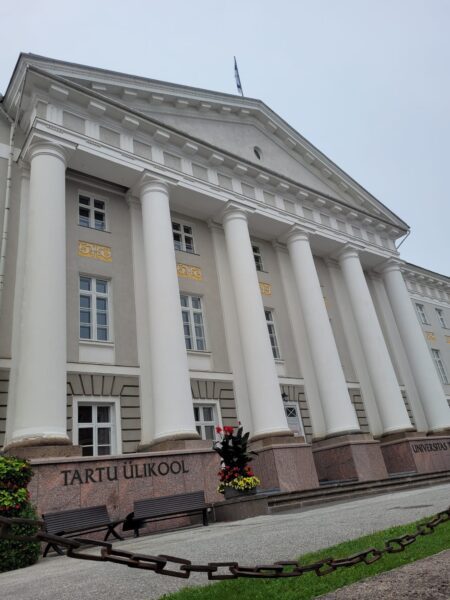
What kind of support did you get from Tallinn University and the Border Lab project?
My host Dr. Karin Dean was very helpful both leading up to and during my visit. Tallinn University gave me an office space and suggested researchers I could reach out to both at and outside the university.
How did the exchange benefit your studies?
I received valuable feedback on my research in the seminar as well as in informal settings from other researchers. I enjoyed the interdisciplinarity, networking, unexpected and probing questions as well as the thought-provoking discussions. One of the participants of the seminar is actually visiting the University of Amsterdam to give lectures via the same grant and I will attend one of them.